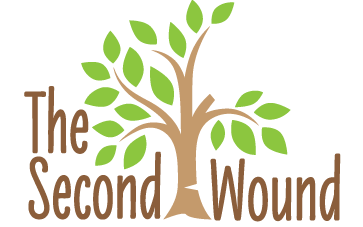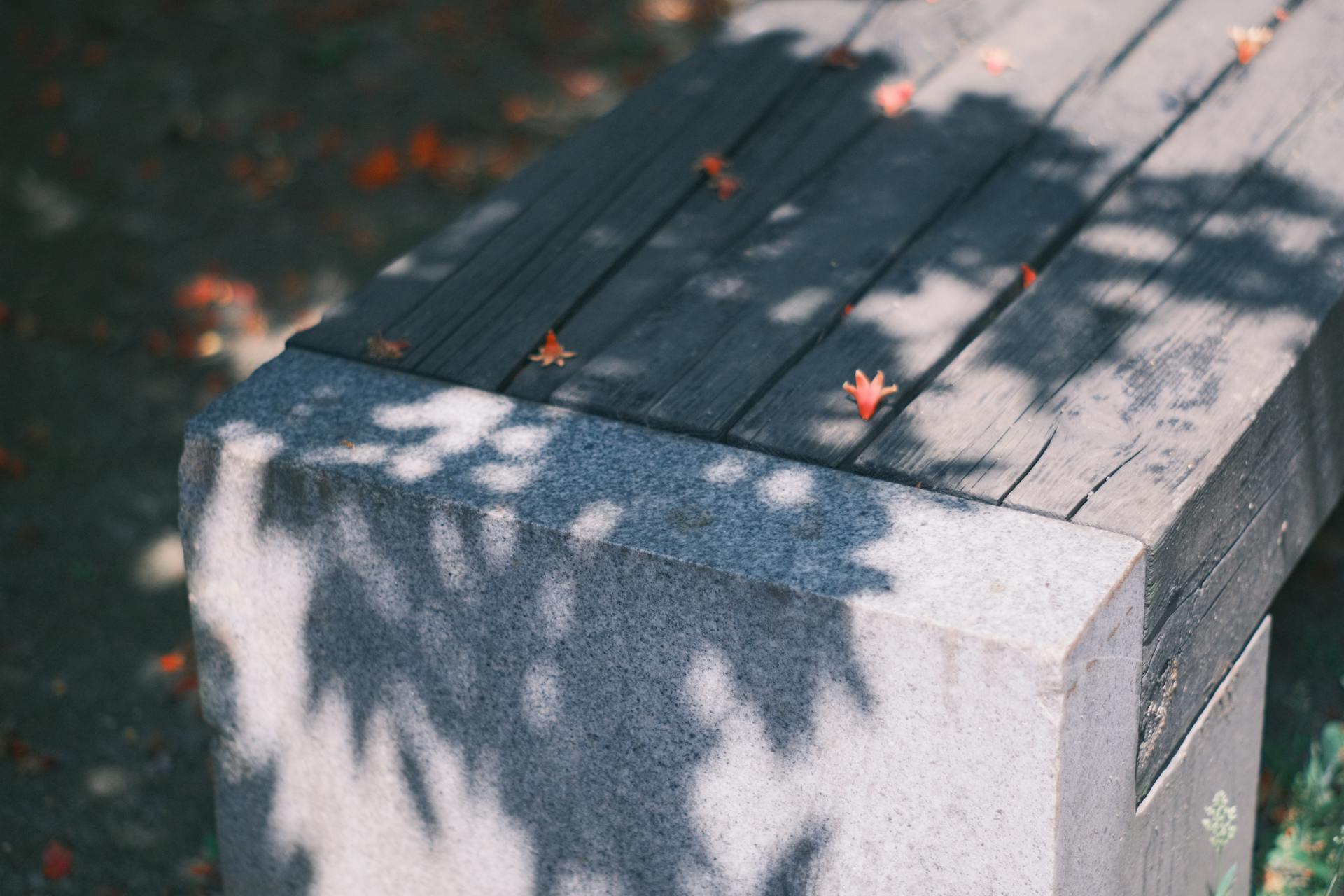It’s been a while since I’ve written a blog entry or published a podcast. The reason for this, simply put, is that I decided to direct my focus inward for a while. At first I just needed a rest. Covering heavy subjects on the podcast, I found myself affected by the injustice and pain I was witnessing. At the same time I was confronted with a tide of pushback and negativity toward my social media posts, the inevitable result of growing a following online. I did my best to be gracious yet firm as I responded to (or blocked) commenters, but the snark and anger got to me some days. Of course it did. At some point, I took a step back and reassessed the places I was putting my energy. My conclusion? I needed more time just to think and be. I made this decision back in the spring and honestly, the break from creating content has been good for me.
Before I began writing and speaking publicly about the effects of sexual trauma, I wrote about other aspects of life including parenting, gun violence, and the effects of the massacre in my town of Sandy Hook, Connecticut. This was my greatest opportunity yet to express my views on issues I cared about. It was a liberating experience, especially because I had felt the pain of having my voice stifled throughout my growing-up years. As I expanded my writing into the subject of child sexual abuse and revictimization and wrote about the abuse I went through as a child, I found an online community of people who encouraged my work and enlightened me with their insights and honesty. It has been a real gift.
The online presence opened the door for me to start my podcast, Truth and Consequences and speak with exceptional survivors and experts, lately with the help of my close friend and colleague, Kathryn Robb. My coaching practice filled up as listeners reached out and requested to work with me. Counseling trauma survivors and family members keeps me busy these days. It’s an enriching learning environment and fulfills my desire to help people.
With all these outlets I’m using to make a difference, I noticed last year that my urgency to be heard had started to fade. I got tired of the hustle that comes with creating online content. I wanted to get away from counting likes and followers and tap into my creative side again. I missed making the podcast but I felt less enthusiastic and frankly, I was a bit daunted by the hours of work involved. Eventually, I realized it was time to start experimenting with new ideas.
Now I’m ready to get back in there and mix things up.
There’s a funny thing that happens in my coaching practice. Throughout a given week, I’ll notice that a specific concept or theme pops up across my work with various clients. Sometimes the same theme shows up when I talk with friends and family members too. Occasionally I even encounter it in my own therapy. Call it synchronicity or the frequency illusion, the reason behind it is not important to me. I find meaning in the reminder that, as isolating as it can feel to grapple with the aftermath of trauma (and life in general), the issues we struggle with are shared between us. Many of them are universal.
I came up with the idea of noting these familiar challenges, then exploring and sharing them through the blog. It’s a way to remind us we are all in this together.
So here we go. The theme for this week is leaving room for hope.
Hope, which seems increasingly tough to hold onto these days. From political calamities to climate change and the choking cost of living, it’s natural to feel helpless some days, hopeless too. For sexual abuse and assault survivors, the symptoms and long-term effects of trauma are burdens to carry and continuously work on; anxiety, physical pain, and trust issues to name a few. We are all too aware that the deck is stacked against us when we fight the system or simply stick up for ourselves. Those who choose to hold offenders accountable, even if we get some semblance of justice in the legal arena, will get beat up in the process. There’s no guarantee we’ll be glad we took action or will even be okay afterward.
And yet we need to leave room for hope. This is the wording I use with clients and loved ones who are struggling to feel hopeful. Just leave room.
I won’t offer false optimism or tell you to “look on the bright side.” The fear is real and it’s always valid. But I hope you will hold space, at least some of the time. Because truly, there is always reason to hope. Our democracy has been under serious threat before. Technology has the potential to mitigate the effects of global warming. The international community of survivors is increasingly vocal, organized, and gaining power. We have created powerful ways to find and support each other online and in IRL. Numerous survivors have achieved justice and/or restitution through the legal system. Meanwhile, public awareness of red flags and offender tactics is growing. Some of the worst perpetrators like Weinstein and Nassar have discovered they can’t outrun the truth forever.
We must actively address these threats, both for ourselves and for the world. But just as crucially, we need to leave room to hope that things will get better and our efforts will matter.
If you asked my therapist what I need from her the most she would likely tell you, “To feel heard.” She is aware that I need her to sit with me in my pain before she offers comfort or solutions. We discovered this together the hard way when, several times, she offered me reasons to hope before I felt ready to hear them. I balked. I explained to her that my feelings needed time and space. She gets it now and she consistently makes an effort to sit with me in my feelings. Perhaps I’m unusual in the extent that I want my therapist to meet me in the darkness before she leads me out. Or maybe I’m just more vocal about it, I don’t know.
What I do know is that we can’t skip past the fear, the grief, the anger, and the sadness. When we feel confident that our feelings are being honored, we’re more able to speak up for ourselves and hold space for optimism and hope. Understanding this fact about myself, I try to keep in mind that others need the same. I don’t always get it right but I will keep on listening, learning, and trying. That’s all we can ask of ourselves, right? That and a little room for hope.


As a survivor, hope is as valuable antidote to abuse. Abusers chose to abuse us. I choose to hope! I choose to put one foot in front of the other no matter how I know I will be pushed back five for every step I take. The statistical data supports that victims that get good help have a high chance of positive outcomes. Statistical data supports that abusers and people with narcistic behavior patterns have a high probability of treatment resistance. I choose to have hope because I refuse to define my life through the lens of dominance. Hope has enabled me to experience the last two years of my life abuse free and I feel gratitude.❤️
Great points, Amy!
Last year, I came forward publicly about my rape experience and privately to close friends about my child abuse experience. I felt empowered, but drained by the end of the year. For me, hope is a difficult thing to find, much less hold onto as a survivor. I’m still seeking and finding opportunities to speak truth to power. Maybe that is what hope looks like to me.
It’s a long and windy road, this living in the truth. I admire you for walking it.
Thank you. So true. The isolation and pain, fear for me was in the past and I must constantly remind myself ‘it was in the past’ The nightmare is over but the ‘programming’ still hangs around like a stalker, blurring my judgement. Is it my past or is this person/situation just triggering past traumas? Living without any validation and family denial is the hardest thing to overcome. The denial is a wound that never heals. There is never any closure in that sense except. The courage to heal is a life long process.
Very understandable. And it’s true that healing is lifelong.
What a beautiful post! You should feel proud of what you’ve done for survivors.
What a beautiful post! You should be proud of what you’ve done for survivors!
Thank you so much.
Beautiful piece! That you, Miranda.
Thank you so much, my friend.
Graceful and powerful words!
We are all feeling “it” pulling from different directions of emotions from everything that’s currently happening in the world and our lives.
I agree with you 100% Miranda
There’s always “HOPE”
Thank you❣️
Yes, and thank you!
welcome back! I found you just before you went on your present ‘sabbatical’, which is essential for those who listen to the wounded…
You’ve posted things I found very helpful that are uniquely so! Thank you!
I’m so glad my work has proven helpful for you. Thank you for letting me know and for the kind words.
Miranda, when I read your story I had no choice but to believe you because what happened to you is what happened to me. I think that people with these sorts of experiences almost live in our own separate world, with knowledge that is inaccessible to the wider world. What happened to us is something society would prefer to believe doesn’t happen, which makes it impossible for us to deal with it. I try to be forgiving of my own parents because I understand that the knowledge I have could only be learned by paying a terrible personal price. I think it’s very brave for you to run this blog and your podcast, because you are pushing us closer to a world where we can engage with the issue of childhood sexual abuse, particularly by siblings, instead of refusing to accept reality because it is so terrible.
I have been trying to recover from the wounds I was given for my entire adult life. I’m 30 now, and I’ve spent a lot of money on psychiatrists and therapists who were unable to help, and some who made things worse. It is hard to maintain hope that it is possible to live without this pain, but if you were able to live with it, and build a family and a life for yourself, it shows me that it is possible and that does give me a little hope. I’m going to reach out to book an appointment with you as soon as I’m able to save a little money.
Thank you for your kind words and for letting me know that my work has helped you. You make some excellent points here. I’m glad you are still holding on to hope that you can feel better. The trauma and abandonment never goes away but through hard work, we can absolutely lessen its ongoing impact and live healthier, happier lives.